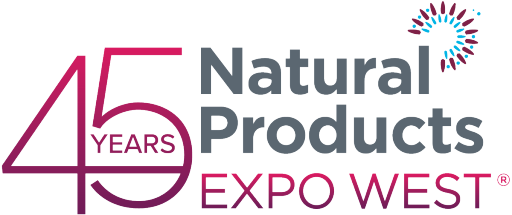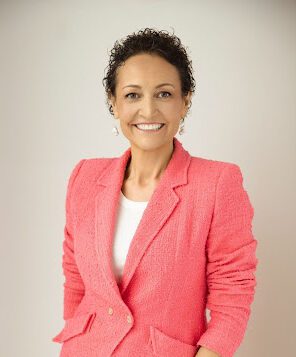Ana Céspedes is a globally recognized leader in the health space, with nearly three decades of experience driving innovation, strategy, access and impact across the business consulting, pharmaceutical, biotechnology, and global health sectors. She has held executive leadership roles in some of the world’s most influential organizations, shaping policies and programs that have transformed access to healthcare worldwide. Before joining Vitamin Angels as CEO, Ana served as COO at IAVI (formerly, International AIDS Vaccine Initiative); throughout her career, she has spearheaded marketing, strategy, pricing, market access, communications and corporate affairs at pharmaceutical, biotechnology and strategic consulting organizations including Lilly, Arthur Andersen, Serono Iberia, and Merck KGaA. She holds a doctorate in pharmacy from the University Complutense of Madrid, along with advanced degrees and certifications from the London School of Economics, IESE, MIT, and GAP International. She is also the founder of Living Mindfulness, a platform dedicated to helping individuals unlock their full potential, and a founding member of Spanish Women Leaders in Life Sciences.
What’s one widely accepted belief in our industry that you think deserves to be challenged, and why?
One widely accepted belief in our industry that deserves to be challenged is the notion that nutrition interventions are simple or straightforward. They’re often treated as a matter of just distributing supplements or solutions. But in reality, providing life-changing nutrition interventions requires a multifaceted approach to have a lasting impact on the health of people in underserved communities. It takes strong collaboration across the public and private sectors, working alongside governments and NGOs, to design context-specific programs that go beyond delivery.
This includes providing technical assistance, developing learning solutions, strengthening monitoring and evaluation systems, implementing social and behavior change strategies, and building supply chain solutions. Equally important is advancing advocacy efforts to create an enabling environment for long-term success. Achieving sustainable improvements in global nutrition requires investment, collaboration, and a long-term vision that is rooted in holistic strategies tailored to the unique needs of each community.
Can you share an example of a bold risk you took in your career that paid off (or taught you a valuable lesson)?
One of the boldest and most defining risks I took in my career was stepping away from a path I had worked incredibly hard to build in academic research in the area of food science, where I studied my doctorate. I decided to step out of the laboratory work to advance other areas in the health space.
My understanding of science and research was very narrow at the time. I thought that the only way to make meaningful contributions was in the laboratory. However, when I started to work outside the laboratory, I realized something critical: while research is foundational and the beginning of the journey to making meaningful contributions in people’s health, real-world impact requires more than data –it requires policy, systems, and access. It was a difficult decision to leave the laboratory and shift my focus to the broader landscape of health systems and policy. But I’ve never looked back. That risk opened doors to decades of work advising governments on strategies that prioritize prevention, equitable access, and sustainable impact.
Innovation is meaningless if the people who need it most can’t access it. My transition into global health taught me that the real power of science lies in its application and that’s where I’ve focused my energy ever since. Today at Vitamin Angels, I’m proud to be part of a mission that aligns perfectly with that lesson: making health accessible to pregnant women, infants and young children in underserved communities worldwide.
What’s the most compelling success story you’ve seen that proves the impact of our industry?
One of the most compelling success stories I’ve witnessed is Indonesia’s transition from iron-folic acid (IFA) to multiple micronutrient supplementation (MMS) as part of its national antenatal program. This comprehensive, multi-sectoral initiative was created to address the problem of maternal anemia, micronutrient deficiencies, and poor birth outcomes in Indonesia.
This milestone was the result of years of collaboration between the Ministry of Health of Indonesia, Vitamin Angels, technical partners, local partners, and scientists from six local and international universities. Together, we supported a comprehensive and sustainable initiative that included new national policy and regulations, programmatic guidelines, healthcare provider training, behavior change counseling, a supply of MMS for launch and initial scaling, and a multi-year transition plan to support local manufacturing.
The Ministry of Health of Indonesia announced the national transition from IFA to MMS in October 2024, and this year 1.3 million pregnant women across 209 districts in Indonesia will receive MMS with an additional 1.3 million bottles expected by the third quarter. By 2026, the aim is to reach 4.8 million pregnant women with MMS. It’s a powerful example of how cross sector collaboration can successfully improve the health of millions of women and children on a global scale.


